Adult acne is so unfair – we have to deal with pimples and wrinkles too? But at least we’re not alone. According to the Journal of American Academy of Dermatology, more than 50% of women between 20 to 40 struggle with regular breakouts.
Here’s how to treat and prevent adult acne
Causes Of Adult Acne
Whether you’re 13 or 30 years old, acne is caused by the same thing: hormonal fluctuations which cause our skin to produce excess oil and clog our pores. The only difference is that in adulthood, the pimples tend to show up around the mouth and jawline, or on our neck and back.
Our hormones can fluctuate during that time of the month, during pregnancy, or even when we’re very stressed. That’s because when we’re worried or tired (and what adult doesn’t go through that every single day?) our body produces cortisol and testosterone, which also make our oil glands go on overdrive.
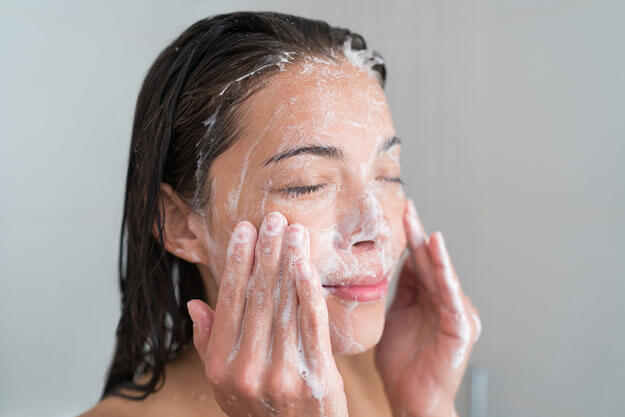
Other habits and lifestyle factors can make adult acne worse. You could be wearing makeup that clogs your pores, or live in the city with a lot of pollution. High-sugar and high-carb diets can also elevate insulin that messes up with your hormone levels.
How To Treat Adult Acne
Sadly, some of the things we do to prevent acne actually end up making it worse. Many women with oily skin tend to overcleanse – either by using harsh products, scrubbing too vigorously, or washing too often. This dries out the skin, which prompts it to produce even more oil to overcompensate.
So the trick to treating acne is to wash the face gently with the right products. Look for the label “non-comodogenic” which means it won’t clog pores. Ideally it should have a water-based or gel-based formula. Look for these star ingredients
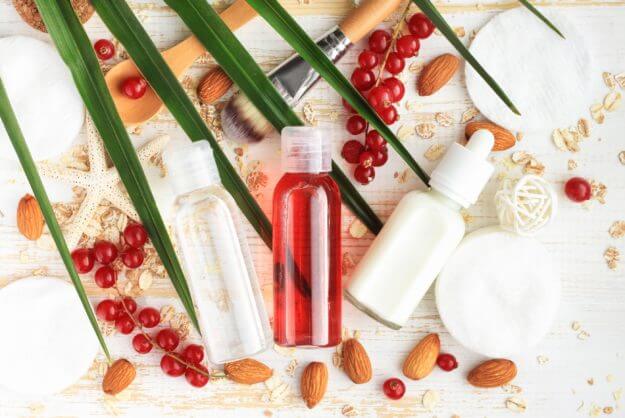
- SALICYLIC ACID. This helps break down the dirt and dead skin cells that clog pores.
- GLYCOLIC ACID. You have to love this ingredient, which helps prevent both acne and wrinkles. It removes dead skin cells and trigger the body’s production of new skin cells. It can make your skin more sensitive to the sun, so use this in night creams.
- BENZOYL PEROXIDE. This kills the bacteria that can cause breakouts. Unfortunately it can dry out or irritate the skin, so limit this to spot treatments.
- RETINOL. This can be found in skincare products or in dermatologist-prescribed creams that have higher concentrations. It can help control adult acne and lighten the appearance of acne scars.
The downside to these ingredients is that they can dry out the skin or cause irritation and redness. That’s why many women are looking for natural skincare products. Here are some of the natural, plant-derived ingredients that are known to control oil, fight acne-causing bacteria, and clear out pores.
Natural Alternatives
- TEA TREE OIL. This fights bacteria and is said to be just as effective as benzoyl peroxide (but smells a lot letter). The Body Shop’s Tea Tree Oil has won numerous beauty awards, is vegan and comes from sustainable sources. For spot treatments, try Burt’s Bees Herbal Complexion Stick
- SULFUR. People have been using sulfur in beauty remedies for centuries. It can control oiliness and gently sloughs off dead skin cells. Try Peter Roth’s Therapeutic Sulfur Mask which clears acne and also has extra ingredients like aloe to soothe away irritation and redness.
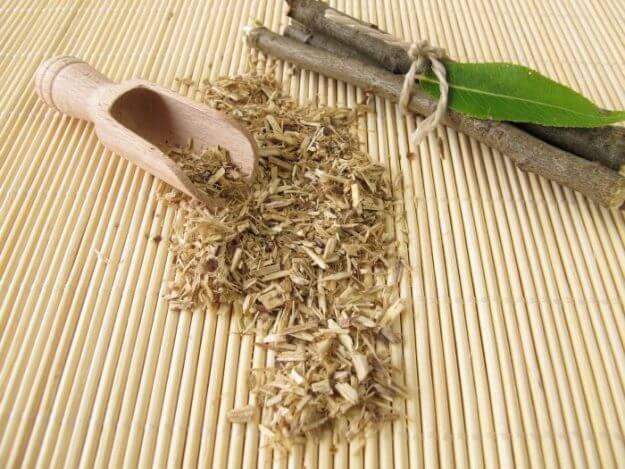
- WILLOW BARK. This is another beauty remedy tested through the centuries. Many people call it the “natural version” of salicylic acid, and swear that it works even better! Use it to gently clear pores and keep breakouts at bay.
- SAGE EXTRACT. Since acne treatments can dry out the skin, you need to balance it out with calming ingredients that can prevent dryness and bring back the healthy glow. Sage purifies the pores but also alleviates redness, irritation, and pimple-causing inflammation. Try Caudalie’s gentle foaming cleanser, which contains sage and other skin soothing ingredients like chamomile.
Habits That Help Prevent Acne Breakouts
Aside from choosing the right skincare products, be sure to practice these skin-smart habits.
- Avoid touching your face. Your hands pick up all sorts of germs (just think of what’s on the bathroom doorknob!) so when you absent-mindedly rub your chin or pat your cheeks, you’re transferring all that gunk into your pores.
- Don’t overcleanse. Wash your face twice a day. If your face feels oily or greasy in the middle of the day, pat away excess oil with blotting papers and spray a facial mist.
- Get clinical facials. Just like you should see a dentist twice a year, you should see a dermatologist regularly for deep cleansing. Chemical peels can also help lighten the appearance of adult acne scars.

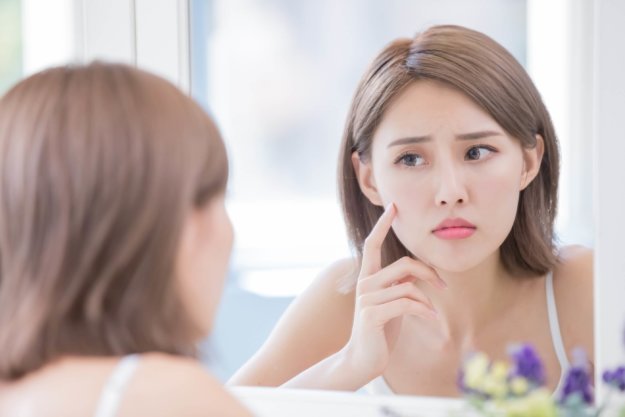
 What Are the Best Skin Care Ingredients?
What Are the Best Skin Care Ingredients?  Cetaphil Cleanser
Cetaphil Cleanser 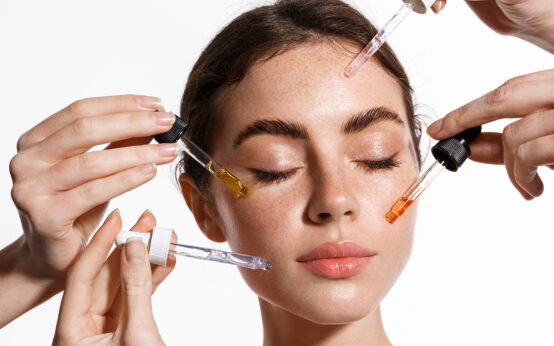 Benefits of a Facial Toner
Benefits of a Facial Toner  Everything you Need to Know About Facial Extractions
Everything you Need to Know About Facial Extractions 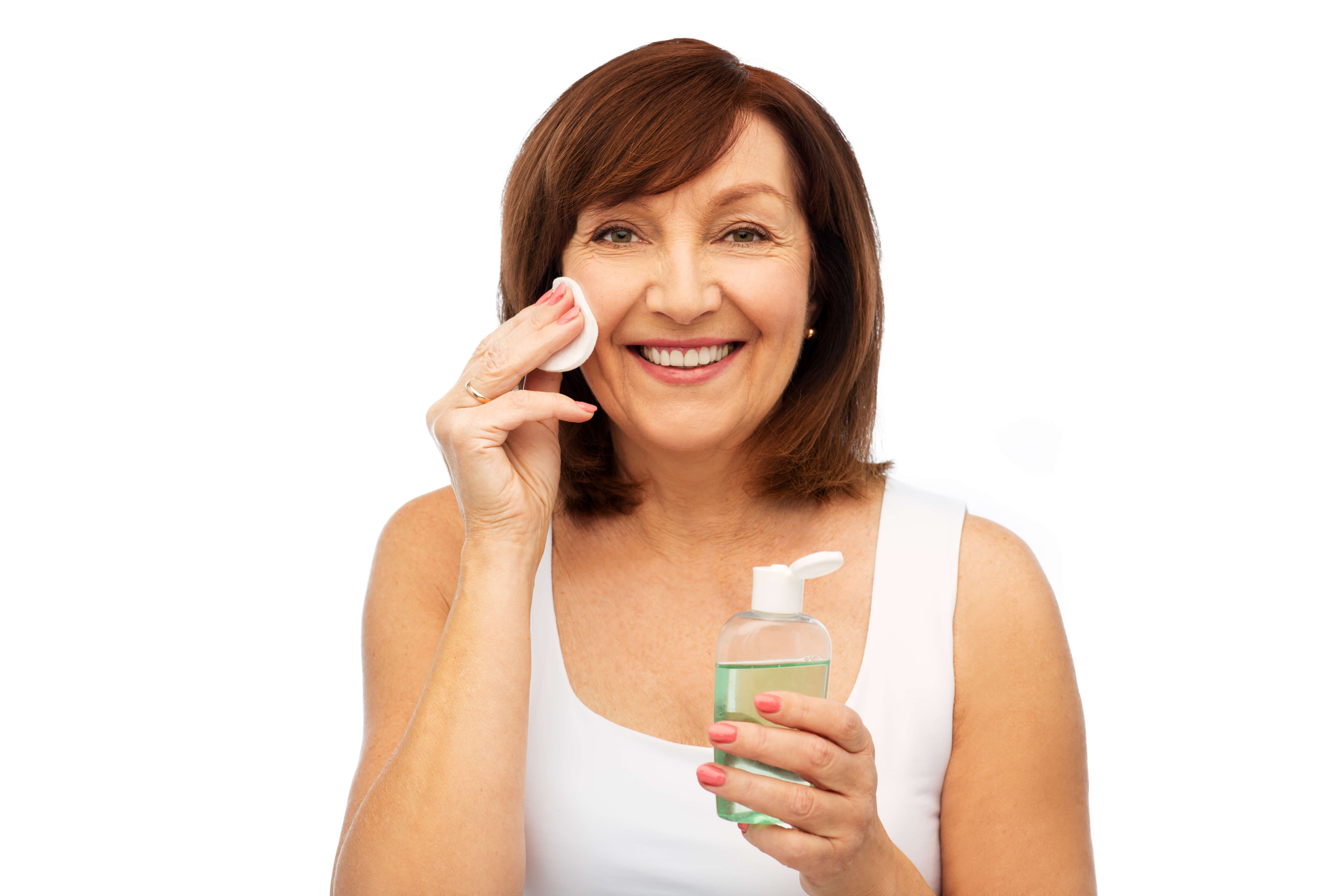 DIY Face Toners
DIY Face Toners 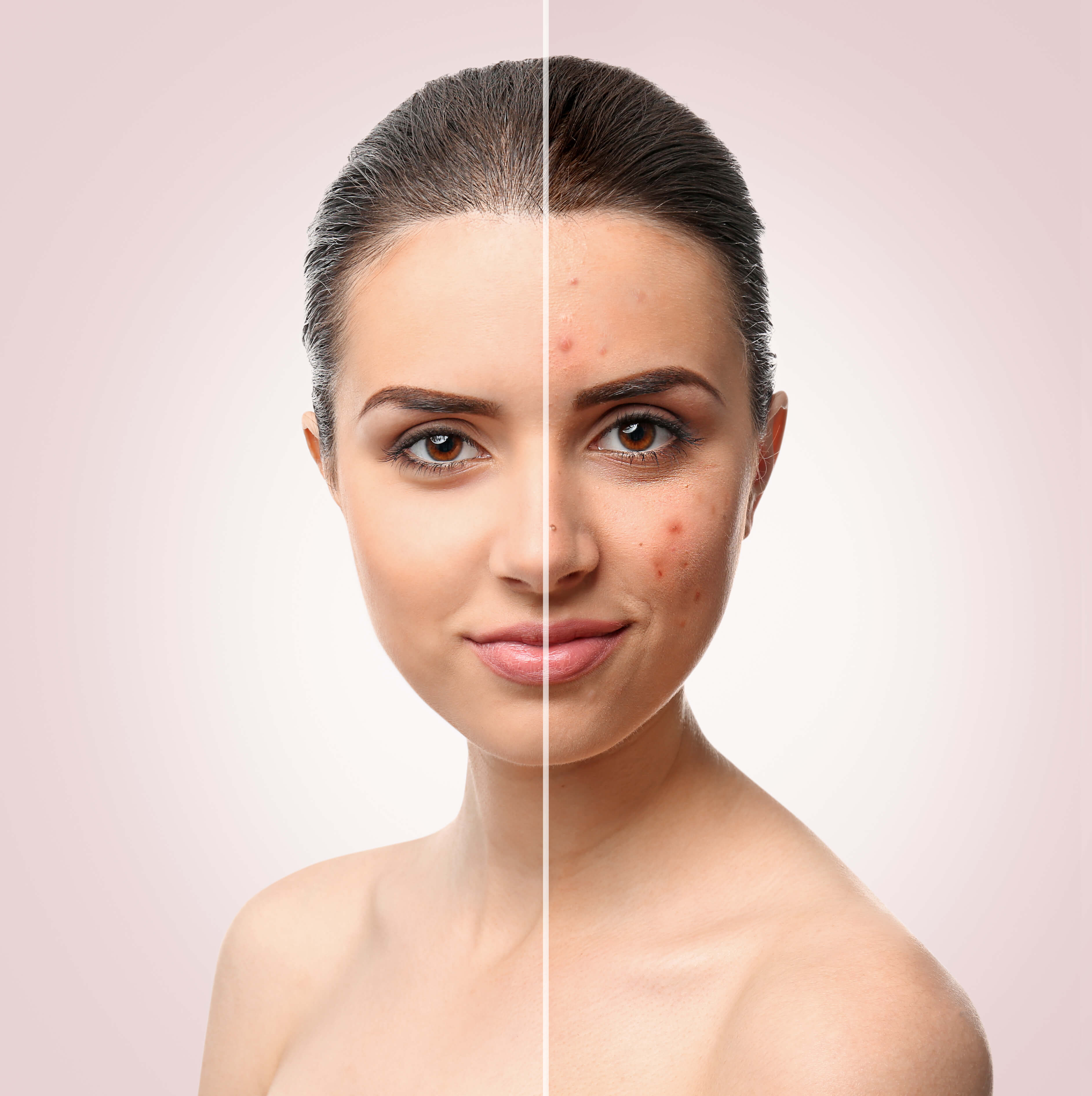 The Best Acne Scar Treatments
The Best Acne Scar Treatments